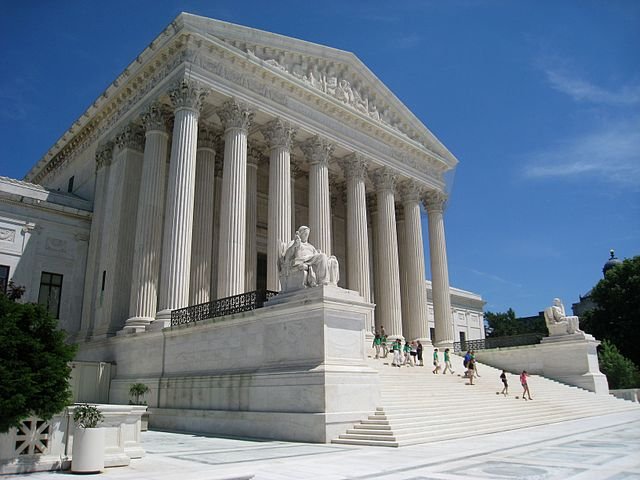South Korea launches probe into alleged rights violations following US immigration raid at battery plant – JURIST

The South Korean government launched an investigation Monday into potential human rights violations following the detention of over 300 of its citizens during a US immigration raid at a Hyundai-LG battery plant in Georgia.
On September 4, 2025, US Immigration and Customs Enforcement (ICE), supported by Homeland Security Investigations (HSI), conducted a raid at the $4.3 billion Hyundai-LG battery plant construction site near Savannah, Georgia. Authorities detained 475 people, of whom more than 300 were South Korean nationals. The facility is a joint project between Hyundai Motor Group and LG Energy Solution.
Many of the detained South Koreans were reportedly engineers or equipment installers brought in under B-1 business visitor visas or visa waiver programs. Attorneys argue that their roles were short-term and specialized, not long-term. Video released by ICE shows some workers shackled at the wrists, ankles, and waists while being transported on buses.
South Korea’s Foreign Ministry confirmed it is investigating whether workers’ rights were violated, focusing on visa status, detention conditions, and access to counsel and interpreters. To mitigate long-term immigration consequences, Seoul arranged with US officials for the workers’ voluntary return on a chartered flight instead of formal deportation.
US Deputy Secretary of State Christopher Landau expressed “deep regret” over the incident during bilateral talks in Seoul, according to a statement from the Korean Ministry of Foreign Affairs.
One central issue under review is visa authorization versus work authorization. Reports indicate that many of the detained workers had entered the US under short-term B-1 business visitor visas or through the visa waiver program. Questions have arisen as to whether these visas were improperly used for labor activities that legally require separate work permits.
South Korea’s government has emphasized the long-term reentry implications for those detained. By negotiating for the workers to depart voluntarily on a chartered flight, Seoul sought to avoid formal deportation orders that could have carried severe consequences for the workers’ future ability to re-enter the US.
The incident has raised concerns not only about the treatment of foreign workers by US immigration officials but also about the potential impact on South Korea’s substantial investment in US manufacturing. Both governments have stated they will continue consultations as investigations proceed, and Seoul has indicated that it will monitor the situation closely to ensure that the rights of its citizens are protected.









